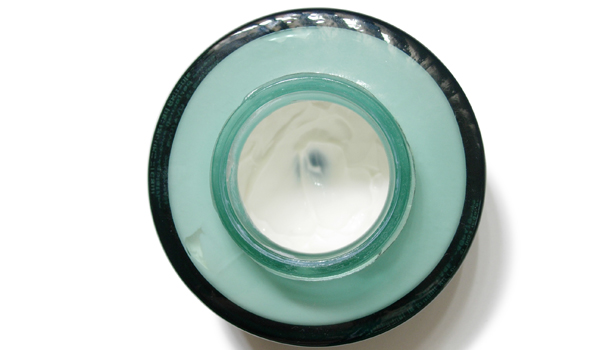Chinese Plant Extract Could Improve Skin-Whitening Creams

Get the world’s most fascinating discoveries delivered straight to your inbox.
You are now subscribed
Your newsletter sign-up was successful
Want to add more newsletters?

Delivered Daily
Daily Newsletter
Sign up for the latest discoveries, groundbreaking research and fascinating breakthroughs that impact you and the wider world direct to your inbox.

Once a week
Life's Little Mysteries
Feed your curiosity with an exclusive mystery every week, solved with science and delivered direct to your inbox before it's seen anywhere else.

Once a week
How It Works
Sign up to our free science & technology newsletter for your weekly fix of fascinating articles, quick quizzes, amazing images, and more

Delivered daily
Space.com Newsletter
Breaking space news, the latest updates on rocket launches, skywatching events and more!

Once a month
Watch This Space
Sign up to our monthly entertainment newsletter to keep up with all our coverage of the latest sci-fi and space movies, tv shows, games and books.

Once a week
Night Sky This Week
Discover this week's must-see night sky events, moon phases, and stunning astrophotos. Sign up for our skywatching newsletter and explore the universe with us!
Join the club
Get full access to premium articles, exclusive features and a growing list of member rewards.
While many Americans often long for the perfect tan, a popular desire in Asia for many women and men is fair skin.
Current skin-whitening products often contain mercury and the chemical hydroquinone, a potential carcinogen that can cause inflammation, itching and even skin cancer. Now researchers report finding a plant-based chemical that they say could lighten skin more effectively and safely.
Two chemicals from the Cinnamomum subavenium plant, a relative of the tree from which cinnamon bark originates, reduced production of the skin pigment melanin in zebrafish embryos by 50 percent in four days, turning their skin snowy white, said study researcher Hui-Min Wang of Kaohsiung Medical University in Taiwan.
The chemicals work by blocking the enzyme tyrosinase, which controls production of the melanin pigment that darkens our skin, eyes and hair.
These chemicals have the potential to be up to 100 times more effective than other skin-whitening creams, Wang said. "It's from a Chinese herbal medicine plant, and we used it for maybe 1,000 or 2,000 years," Wang told MyHealthNewsDaily.
Wang and his colleagues tested the ingredient on the embryos of zebrafish, which have highly visible black bands of pigment. Within four days of exposure to the Cinnamomum subavenium ingredient, the black bands had faded to white, they found.
Because of the similarities of zebrafish pigmentation to humans', the researchers think the effects should extend to people as well.
Get the world’s most fascinating discoveries delivered straight to your inbox.
The chemicals did not seem to be toxic to the zebrafish or cultured human skin cells, researchers found.
Now, Wang is looking to partner with cosmetic companies to devise a cream made with the Cinnamomum subavenium chemicals for use on humans .
The research was presented this week at the annual meeting of the American Chemical Society in Anaheim, Calif.
Pass it on: Chemicals taken from a plant relative of the cinnamon tree whitened black stripes of zebrafish embryos and are promising for use in skin-whitening creams.
- 'Beauty Sleep' May Be Best Beauty Treatment, Study Finds
- Discovery Could Lead to Natural Tan, Sans the Sun
- 5 Reasons Being a Woman is Good For Your Health
Follow MyHealthNewsDaily staff writer Amanda Chan on Twitter @AmandaLChan.
 Live Science Plus
Live Science Plus











